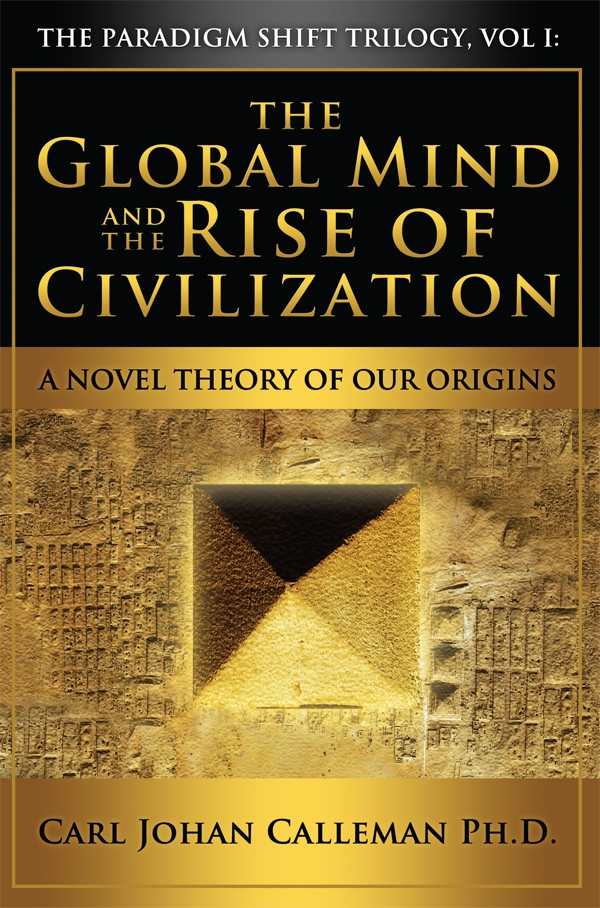The Global Mind and the Rise of Civilization
A Novel Theory of Our Origins
Presenting an alternate theory of the rise of the human mind, this book will appeal to fans of the ancient Mayan calendar.
The Global Mind and the Rise of Civilization attempts to explain the development of every human mental power—from geometry to writing—as a result of the human mind’s “downloading” of a global, eight-part mental schematic from the center of the Earth about 5,000 years ago. This new idea is presented as a scientific theory supported by both natural law and an original interpretation of the Mayan Long Count calendar.
While technically well written, The Global Mind and the Rise of Civilization tends to proceed from the pre-assumed theory rather than building on past research. The concept that human mental organization originated at the center of the Earth is completely original and assumes several factors for which there is currently no solid evidence, including the independent intelligence of the Earth, the Earth’s state of psychic ability, and the ability of humans to receive psychic messages from the Earth. Without proof of these subordinate theories, the credibility of the text is in question.
The book would also benefit from addressing the prevailing theories of the development of human thought. By focusing so exclusively on his own ideas, Calleman never gets around to mentioning why his theory may be superior to others. If he addressed reasons that humans could not have developed an understanding of geometry from, for example, watching the movement of the planets and stars, then his own thesis would have been more convincing.
The text relates the Mayan calendar to real-world historical events from around the world through extensive explanation, a series of spreadsheets, and several charts. Details about how the calendar works, including the differences between some of the arcane Mayan units of time, are explored briefly, providing an overview for newcomers to the study. While this interpretation of the Mayan calendar is alternative, it is well thought out and thoroughly considered.
Despite the exhaustive treatment of the Mayan calendar, other areas require better sourcing—the author makes extensive use of Wikipedia.
Fans of the Mayan calendar will find much to like in this book. And people interested in exploring a variety of theories about human development may find the “download” theory a fascinating alternative to the more traditional ideas that center on evolution.
Reviewed by
Anna Call
Disclosure: This article is not an endorsement, but a review. The publisher of this book provided free copies of the book to have their book reviewed by a professional reviewer. No fee was paid by the publisher for this review. Foreword Reviews only recommends books that we love. Foreword Magazine, Inc. is disclosing this in accordance with the Federal Trade Commission’s 16 CFR, Part 255.

